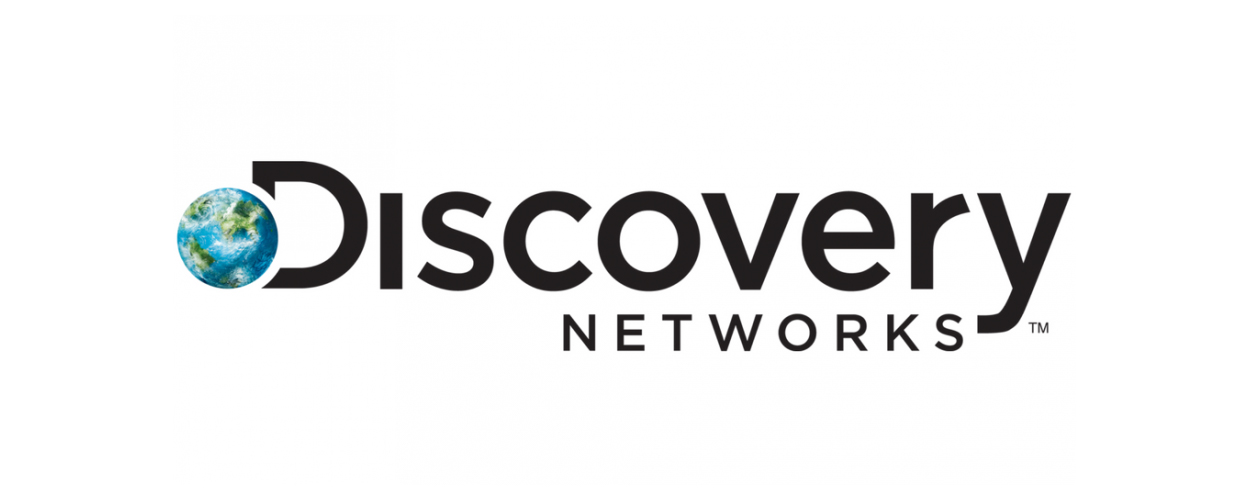This website uses cookies so that we can provide you with the best user experience possible. Cookie information is stored in your browser and performs functions such as recognising you when you return to our website and helping our team to understand which sections of the website you find most interesting and useful.
Business News Labels & Publishers
ASCAP and Ivors Academy respond to new Discovery composer agreements
By Andy Malt | Published on Friday 20 December 2019

Songwriter organisations ASCAP and the Ivors Academy have both hit out at changes to the deals being offered to songwriters and composers by US TV company Discovery Networks.
Variety reported last week that the broadcaster had told composers creating music for its shows that, starting in 2020, they would have to sign away their performance royalties in any new compositions aired in the US, and on music used in past programmes.
That would mean that composers would only receive an upfront ‘buy out’ fee for their music. Ongoing royalties earned from each broadcast and re-broadcast of a programme – which are currently industry standard for songwriters and composers – would no longer be paid.
Urging Discovery to reconsider this move, US collecting society ASCAP – which collects those performance royalties for its members – says in a statement: “Back end royalties for composers who write for TV, cable and streaming shows are critical to their being able to sustain a livelihood. ASCAP is very alarmed by the reports of Discovery Networks new policy toward composers which would have a devastating impact on their royalty streams and make it near impossible for them to make a living from their creative work”.
“Composers should have agency and choice when it comes to licensing the music they create, but an ultimatum is not a choice”, it continues. “Composers are an important part of the creative teams that make a show successful and it is disappointing that Discovery would not recognise the true value their work brings to their shows. We hope Discovery Networks will do the right thing and reconsider their position against composers”.
Meanwhile, UK-based songwriter body The Ivors Academy has expressed concern that this shift in policy could have implications beyond the US.
In a statement, its CEO Graham Davies says: “This sets a dangerous precedent. Composers who sign up to these terms are giving away all their rights [in return] for a single upfront fee. Many composers, including our own, have raised concerns that these upfront commissioning fees have been declining in recent years, that they often do not cover all the costs involved in the commission, and there is little incentive or likelihood that broadcasters and platforms will raise these fees in the future. The opposite is expected to be the case”.
In many ways, this is an issue specific to the US, where collecting societies like ASCAP and BMI do not have any exclusive rights over their members’ work. Meaning that songwriters can choose – or be pressured – to waive future performance royalties. Elsewhere in the world writers actually assign their so called performing right to their collecting societies, meaning only the society can license those elements of the song copyright.
However, while industry conventions in theory should stop what Discovery is proposing from being introduced in other countries, Davies says that – in an increasingly global market – those outside the States could also be hit with a dip in income.
“The actions of Discovery are unacceptable”, he goes on. “No composer should sign up to these demands. The position adopted by Discovery is symptomatic of a wider trend that poses a threat to viability of media composing in the UK and beyond. While UK composers who are members of PRS have had the safeguard that their performing right will not be taken or devalued by virtue of it being assigned to PRS, this safeguard is now also under threat. UK composers see US multinational broadcasters and platforms pitching their work to UK and non-UK composers in a global competitive market”.
“Any wider adoption of Discovery-style buyout agreements must be refused because they put downward pressure on composers to relinquish their rights and undermine the important role played by [collecting societies] such as PRS”, he concludes. “For most composers, the ‘back end’ royalties paid by PRS provide the funding for composers’ careers. They are vital and must be defended”.
It’s not only Discovery Networks that has seemingly changed its deals for the music-makers it works with. It was also reported recently that Netflix’s template agreement for composers now also asks for performance royalties to be waived in the US. However, the streaming firm says that this is entirely negotiable. But, nevertheless, as a starting point, it’s not exactly songwriter-friendly.





